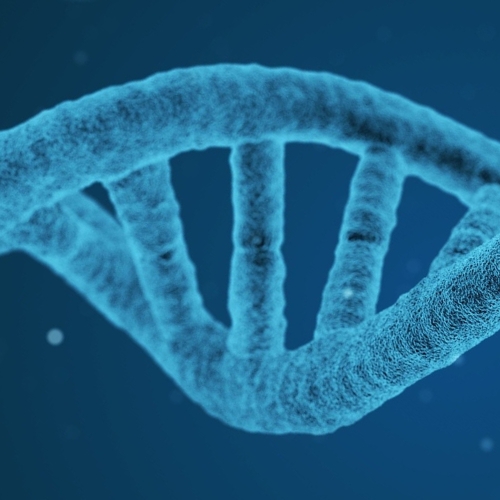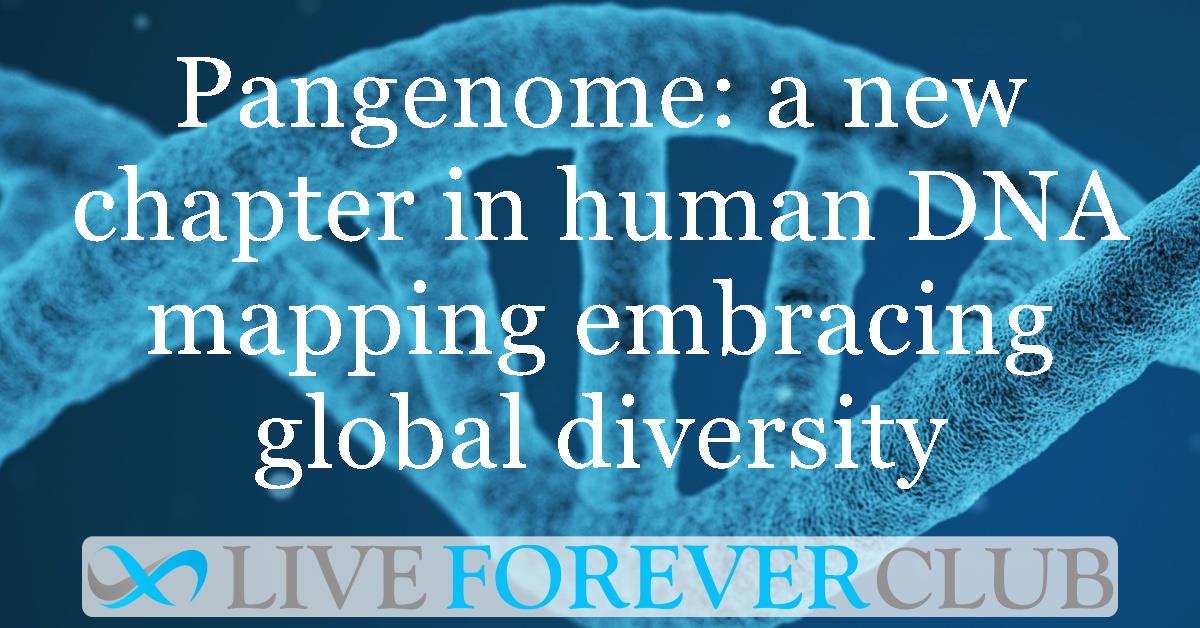Key points from article :
An updated map of all human DNA, called the pangenome, has been produced by scientists to better represent human diversity, unlike the original human genome which primarily used data from one person.
The pangenome is composed of data from 47 individuals from Africa, Asia, the Americas, and Europe, and is expected to enable new drugs and treatments for a broader range of people.
The National Human Genome Research Institute's director, Dr Eric Green, expressed that this significant scientific achievement will help scientists understand how genetic variations influence health and disease, bringing us closer to a future where genomic medicine benefits all.
Researchers are aware of the potential misuse of this research, such as misinterpreting the data to validate racial differences.
The human genome, completed in 2003, was largely derived from a single individual of European and African ancestry, hence missing significant genetic variations associated with diseases in people from other backgrounds.
Sub-Saharan Africa holds the greatest genetic diversity being the starting point of the human species, explained Dr Ewan Birney, deputy Director General of the European Molecular Biology Lab near Cambridge.
Beginning of a larger program to increase the number to 350 and further expand the representation of the world's population.






